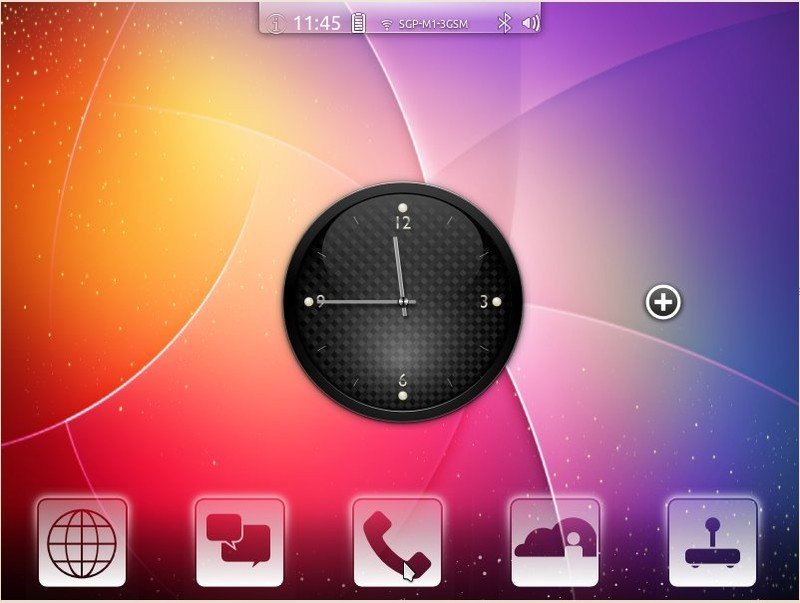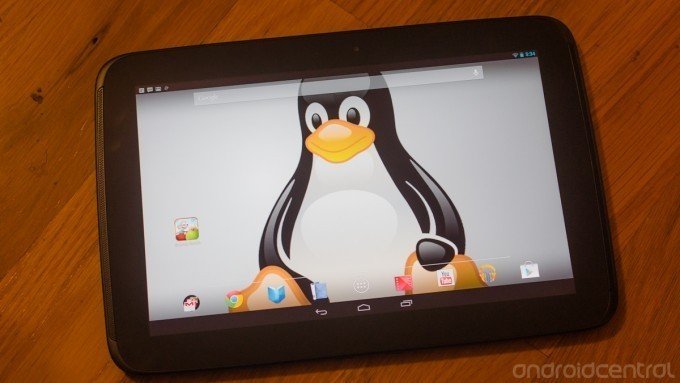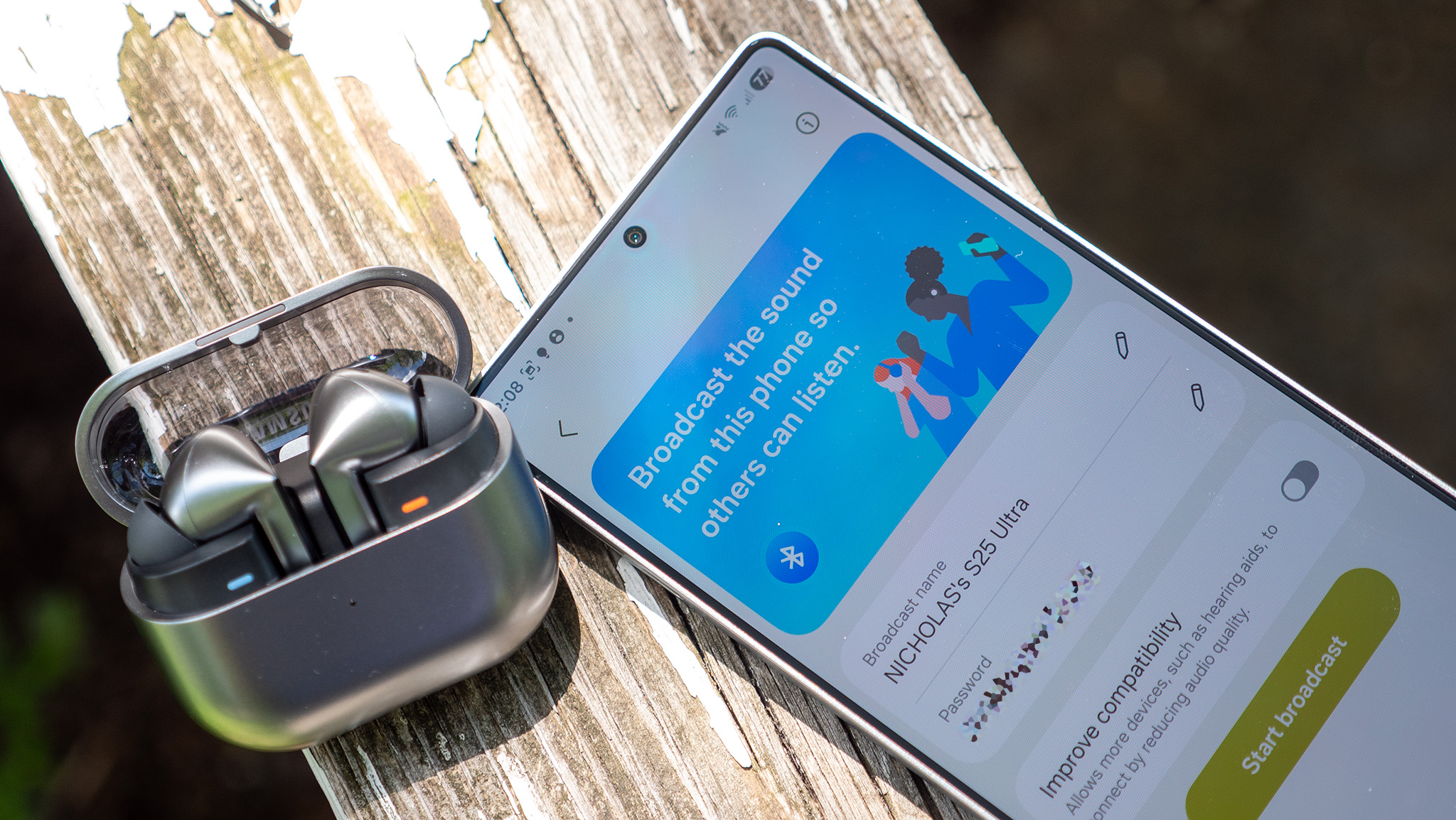The Ubuntu phone's time, if ever, is now - not in 2014
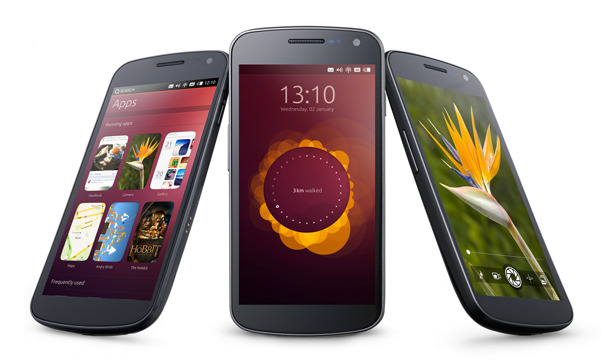
Canonical has been buzzing in our ears about Ubuntu as a mobile device operating system for a while now. We've seen them tout integrating a solution into Android for a year, and before that they had plans for their own mobile version of Ubuntu that more than a few Linux geeks were following. Today they came full circle and showed off a native OS on an Android phone, getting some of us pumped for the "next big thing."
But with yet another announcement without a single flashable image, will Ubuntu OS even have a chance?
Let's discuss the pros and cons, and see why 2014 might be too late for any success for Canonical. Read on.
Ubuntu founder Mark Shuttleworth explains Ubuntu's mobile strategy
Watch the video above. It's an interesting 20 minutes, where we hear about Ubuntu's big industry partners on the desktop space, how the software has evolved and is praised by the computing industry, and how Ubuntu is going to be the first platform to offer full convergence on all your devices. It's going to be the future, and this is going to change everything.
There are two major issues and roadblocks to keep this convergence from happening. Canonical has done a marvelous job making Linux into something that is easy to use, and more important easy to configure. Anyone who cares enough to follow the progress of the various Linux distributions has to agree that Ubuntu has moved Linux forward more in the past couple years than anyone who came before them. But success on the desktop -- even limited success -- does not directly translate to success in mobile. See Microsoft's Windows Phone 8 for a prime example. You need industry backing, and the right timing.
Partners
Get the latest news from Android Central, your trusted companion in the world of Android
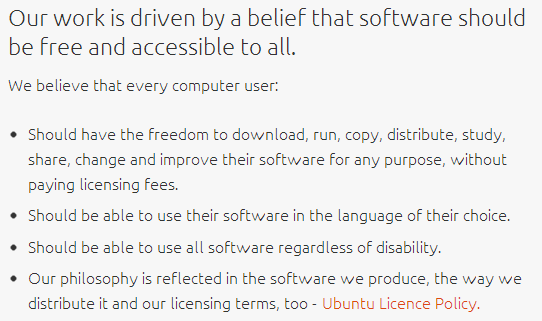
The first issue the folks behind Ubuntu need to handle is how the carriers are going to feel about a mobile OS that's really open. Carriers hate the fact that you can unlock your Android phone and install unauthorized software on them. I've been told exactly that from folks high enough on the carrier food chain to make me believe it is true. Makes sense, because a large portion of what we call Android hacking is geared towards having something your carrier does not want you to have. Ubuntu, in its current state, is completely free and open. Every portion of the OS is open-source, and they take pride in that fact. Verizon and AT&T simply won't allow this to happen, and Canonical is already talking about Ubuntu being "tailored for your brand" for OEMs and operators. I'm afraid that this means the Ubuntu phone is going to have to eschew the "open" philosophy that Canonical loves so much. If they don't, the phone is dead-on-arrival because it has no support from existing partners in the mobile industry.
We don't know how the two sides are going to meet in the middle, but we know it has to happen. Canonical isn't very likely to sit back and let Verizon dictate when a phone can be updated with a patch to fix a kernel vulnerability, and Verizon or AT&T isn't going to allow anything remotely like "sudo apt-get install free-wireless-tethering" to happen on their network. And make no mistake -- success in the U.S. means success on Verizon and AT&T.
So don't bet on the carriers to pick this up.
Timing
Here's what Ubuntu mobile looked like when it was going to be the next big thing back in 2008. There was even a preview build you could run in an emulator on your computer. I would link you (the information was worth seeing) but now the link takes you to today's mobile Ubuntu news. Here's what Wikipedia has to say about it. It was going to bring the Web 2.0 experience to all your devices -- from the desktop to the PC to your smartphone. A convergence if you will. It never happened.
Fast forward a few years to the 2012 Mobile World Congress and we see things have changed, and now we're talking Ubuntu for Android. It's Android on your phone, but when you plug in a monitor and keyboard you get an Ubuntu desktop. We were excited, as Motorola showed us that a desktop experience from your phone could work -- they just did it poorly. We were told it was coming, and how great it would be, and that industry partners were going to offer phones with it included. The new convergence that didn't happen.
Today, we hear about the next next big thing from Canonical. My God, it looks great, doesn't it? The nerds in the house all love the open system it's running on, and everyone loves the sleek now look Canonical is showing off. We finally get to see Ubuntu for a phone, and the demo running on the Galaxy Nexus shows how close it is to happening. The Linux-loving smartphone nerd inside me was all excited, until I read the press release that had no hint of a release date, then looked at Canonical's track record and told myself that nothing can happen until 2014 at least.
Stop dangling that carrot
The time is now, Canonical. We have a mostly unified Linux kernel for ARM devices, and Android is mature enough that the tinkerers, like yours truly, are ready for something new to play with. When enough tinkerers find enough cool things going on, the press picks it up. Never mind that plenty of the tinkerers are part of the press, I mean mainstream places like the WSJ or Yahoo. Issues with carriers and OEMs aside, you're going to need the mainstream press to face the juggernauts in mobile and stand a chance. Simply put, you can't give Microsoft another year while you just show pretty pictures and video.
I get that they can't pull phones out of their backside. I know it takes at least a year to design and build a smartphone. But Ubuntu, like all versions of Linux, is supposed to be different. As a Linux user I expect a level of transparency and openness from a vendor that you don't find very often -- not even with Android. This means they can release the source code, or a handy little image that will flash on hardware we already have just as soon as it's ready.
They mentioned just that at today's press conference, saying to expect image files in the coming weeks. Thanks to Google, we have hardware to flash them on -- Nexus phones. They are completely unlocked, have a fully open and documented kernel, and would look great running a build of Ubuntu. If they release the image files in a timely manner, they can get people interested, and keep people interested, If they wait for months, any industry buzz will have withered away and Redmond picks up third place without a fight. Canonical is going to be at CES, and you can bet we'll be there to see what they have to show us and what they say about it. And if they have flashable images at the ready, you can bet we'll be flashing them!

Jerry is an amateur woodworker and struggling shade tree mechanic. There's nothing he can't take apart, but many things he can't reassemble. You'll find him writing and speaking his loud opinion on Android Central and occasionally on Threads.
